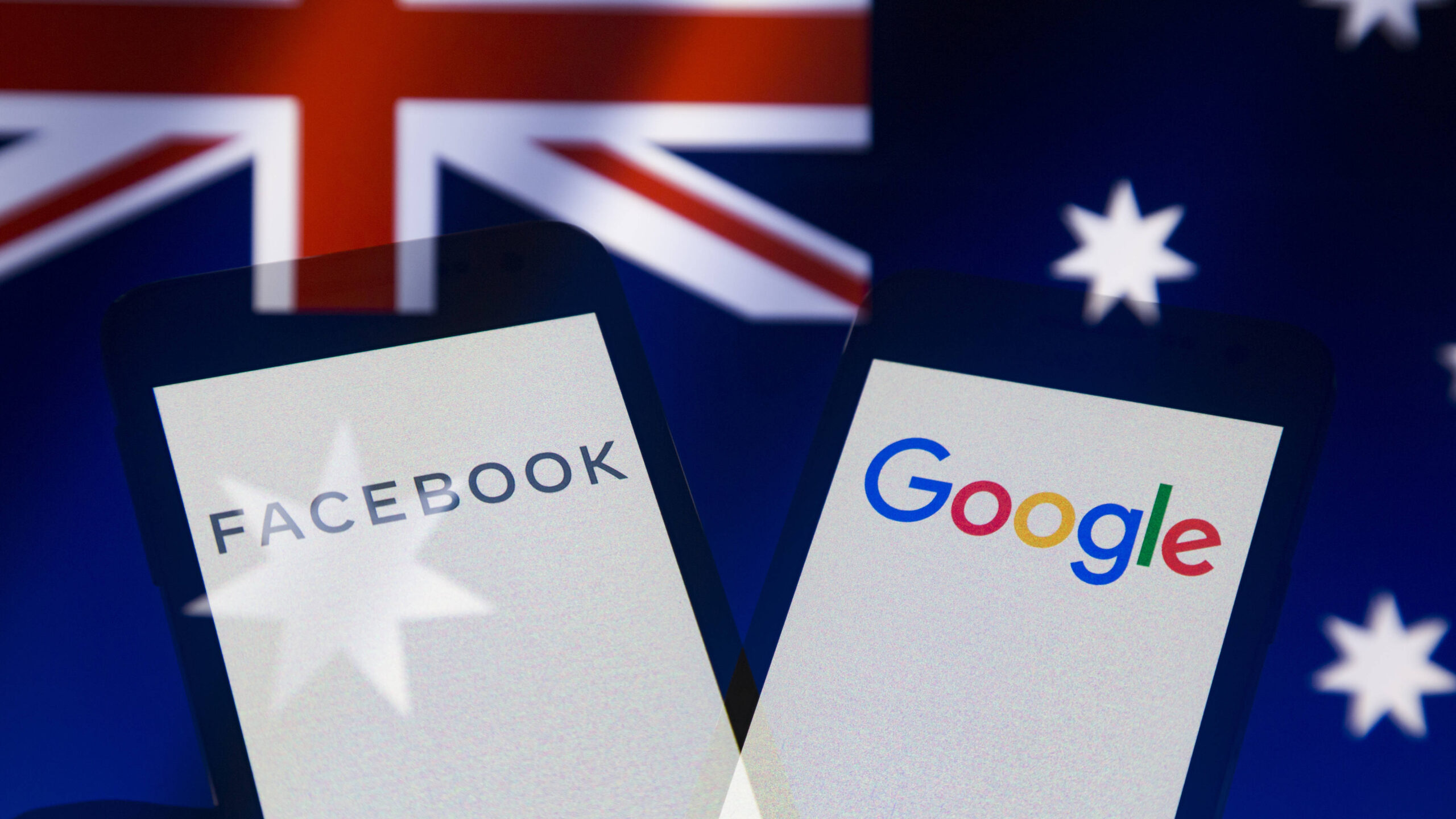The law that was proposed by the Australian government made it necessary for tech giants such as Facebook and Google to get into a negotiation in order to pay certain amounts to traditional media outlets, since then there has been a constant tussle between the government and the social media giants.
Ever since Australia has planned to introduce a new set of policy rules for tech giants such as Google and Facebook there has been a constant rift between the government and these companies. It seems that Australian Prime Minister Scott Morrison is not in any mood of backtracking from his government’s stance of implementing these policies.
Recently, Morrison has launched a global outreach effort to take into confidence other big countries and their heads such as that of Canada and India in order to gain support for his new laws and to further pressurise these social media companies to accept the laws established by the Australian government of paying the media companies of the country for free news.
The scuffle between Facebook and Google and the Australian government became so tense that Facebook decided to snap its services in the country. With this, it also stopped various emergency services such as that related to crucial weather updates and news and information systems to the Australian users.
In response to such a step by Facebook, Australian PM Scott Morisson replied that they will not bow down in front of such bullying by these tech giants. He further said that these companies might be changing the world but they do not have any right to run the administrative aspects of it.
Australia’s new media law
The bill that is at the centre of the whole controversy was first proposed in 2017 as a voluntary code aiming towards the negotiations between social media companies and traditional news outlets regarding publishing of the news content. As the stalemate continues to get worse, Google also threatened to block its search engine services in the country. Facebook, which has a 17 million user base in the country, said it can also block the users’ access to sharing and posting content on its platform.
In retaliation to these laws by the Australian administration, Google and Facebook have reiterated that the media companies have been already gaining a lot of traffic and are benefitting from their platform. Earlier, Facebook has also affirmed its plan of launching a new tab feature. Also, Google has shared its plan of bringing Google News Showcase in countries like the UK and France. Google’s News Showcase is already available in the US since 2019.
These platforms will collaborate with news outlets like The Guardian, Economist, and the Independent. Also, Google has partnered with over 450 news publications in a dozen countries. With this, Google said that it will negotiate with several news publications in France over news dissemination through its platform.
What does the law specify?
The law that was proposed by the Australian government made it necessary for tech giants such as Facebook and Google to get into a negotiation in order to pay certain amounts to traditional media outlets for using their content for publication purposes on their platform. Moreover, to prevent these platforms from establishing their undue monopoly over small platforms, there is also a provision of a minimum amount that these tech companies have to abide by.
Now tech giants feel that the control over the payment process is being snatched from them and that’s why there is a growing resistance and retaliation from them as they want an upper hand in making payment-related decisions.
How are these laws perceived worldwide?
Although these laws would empower traditional and small media houses financially, they would create an unnecessary burden over tech giants. With this, the laws will also ruin the relationship between tech companies and governments of different countries as the government will be able to control the terms and conditions for the payment.
Countries such as the UK, France and Spain have got laws that have made it mandatory for the companies to pay for news content but will have the scope of flexibility regarding control payment limit. As far as India is concerned, there have not been any substantial laws in this regard, but recently platforms like Inshorts and Dailyhunt entailed upon such revenue models but are still to find long-lasting solutions based on their news publishing based revenue model.

